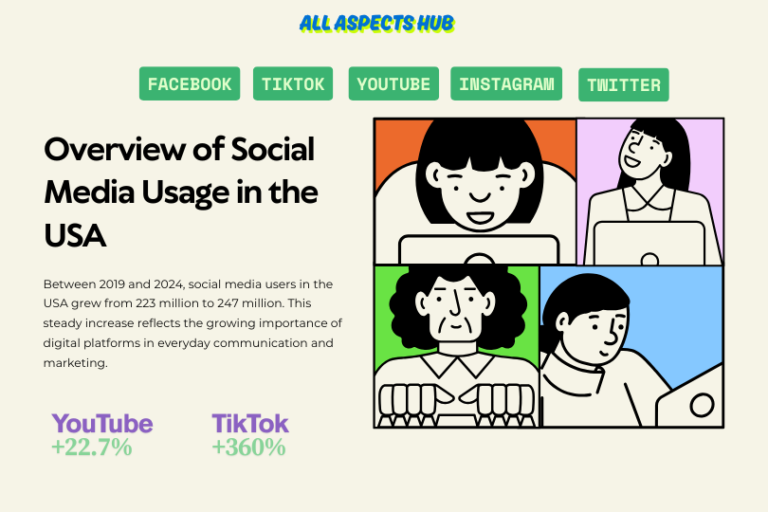health-tracking-tools
In today’s fast-paced world, staying on top of our health is more important than ever. Luckily, advancements in technology have made it easier than ever to track and monitor our wellness. From fitness trackers to smartphone apps, there is a wide range of health tracking tools available to help us achieve optimal well-being. In this article, we will explore some essential health tracking tools that can revolutionize the way we approach our wellness journey.
Importance of Health Tracking
Maintaining good health is vital for a fulfilling and productive life. By actively tracking our health, we gain valuable insights into our habits, patterns, and behaviors, allowing us to make informed decisions that positively impact our well-being. Health tracking tools provide us with tangible data that can motivate, inspire, and hold us accountable to our goals. Whether it’s monitoring our physical activity, nutrition, sleep patterns, or mental well-being, these tools empower us to take control of our health and make positive changes.
Types of Health Tracking Tools
Fitness Tracking Devices
When it comes to tracking our daily physical activity, fitness trackers have become indispensable tools. Leading brands like Fitbit and Garmin provide accurate data on steps taken, calories burned, distance covered, heart rate, and even sleep patterns. These devices come in various forms, including wristbands, smartwatches, and clip-on trackers. Equipped with advanced sensors and algorithms, fitness trackers can monitor our movements throughout the day and provide valuable insights into our activity levels. By setting goals and tracking progress, these devices can motivate and inspire us to stay active, helping us stay committed to our fitness goals.
Nutrition Tracking Apps
In addition to activity tracking, nutrition plays a vital role in our overall well-being. Smartphone apps like MyFitnessPal and Lifesum allow us to track our food intake, making it easier to monitor our nutritional intake and make healthier choices. These apps have extensive databases of food items, including macronutrient information, making it convenient to log meals and snacks. Some apps even offer barcode scanning features, recipe suggestions, and personalized recommendations based on our goals and dietary preferences. By keeping a record of our food choices, we become more aware of our eating habits, enabling us to make adjustments for a more balanced and nutritious diet.
Sleep Tracking Tools
Quality sleep is crucial for our physical and mental well-being. Sleep tracking tools, such as wearable devices and smartphone apps, can help us understand our sleep patterns and identify areas for improvement. These tools monitor parameters like sleep duration, sleep stages, and even the quality of our sleep. By analyzing the data, we can gain insights into our sleep patterns, identify factors that may be disrupting our sleep, and make necessary adjustments for a more restful night’s sleep. Armed with this information, we can optimize our sleep habits and create a sleep routine that promotes better overall wellness.
Mental Health Tracking Apps
Caring for our mental health is just as important as taking care of our physical health. Mental health tracking apps, like Headspace and Calm, provide a variety of resources and tools to help us manage stress, anxiety, and other mental health challenges. These apps offer guided meditation sessions, breathing exercises, mood tracking features, and even sleep stories to promote relaxation and well-being. By using these apps consistently, we can develop a greater understanding of our emotions, identify triggers, and learn coping mechanisms to improve our mental well-being.
Benefits of Using Health Tracking Tools
The benefits of incorporating health tracking tools into our wellness routines are numerous. Firstly, these tools provide us with accurate and objective data about our health, allowing us to make informed decisions. By visualizing our progress and seeing tangible results, we become more motivated and committed to our goals. Health tracking tools also provide valuable insights into our habits and patterns, enabling us to identify areas for improvement and make necessary adjustments. Furthermore, these tools can help us establish healthy routines and habits by providing reminders, goal-setting features, and personalized recommendations. Ultimately, incorporating health tracking tools into our daily lives can lead to better wellness outcomes and an improved quality of life.
How to Choose the Right Health Tracking Tool for You
With the plethora of health tracking tools available, choosing the right one can be overwhelming. Here are some factors to consider when selecting a health tracking tool that suits your needs:
- Identify your goals: Determine what aspects of your health you want to track and improve. Whether it’s physical activity, nutrition, sleep, or mental well-being, understanding your goals will help narrow down the options.
- Research different tools: Explore the various health tracking tools available in the market. Read reviews, compare features, and consider factors like compatibility with your devices, ease of use, and accuracy of data.
- Consider your lifestyle: Choose a tool that aligns with your lifestyle and preferences. If you prefer wearable devices, opt for fitness trackers or smartwatches. If you prefer smartphone apps, look for ones that have user-friendly interfaces and offer the features you require.
- Budget: Determine your budget and consider the cost of the tool, including any subscription fees or additional features that may require payment. It’s essential to choose a tool that provides value for money and suits your financial capacity.
- Seek recommendations: Consult friends, family, or healthcare professionals who have experience using health tracking tools. Their insights and recommendations can help you make an informed decision.
Remember, the right health tracking tool is the one that you feel comfortable using consistently and that aligns with your specific wellness goals.
Integrating Health Tracking into Your Daily Routine
Once you have chosen a health tracking tool, the next step is to integrate it into your daily routine. Here are some tips to help you make health tracking a seamless part of your life:
- Set realistic goals: Start with small, achievable goals that align with your overall wellness objectives. Gradually increase the intensity or duration of your goals as you progress.
- Create a routine: Incorporate health tracking activities into your daily schedule. Set reminders to log meals, track physical activity, or practice meditation. Consistency is key to seeing results.
- Stay motivated: Use the data provided by your health tracking tool to stay motivated. Celebrate milestones, track progress, and acknowledge the positive changes you are making.
- Seek support: Share your health tracking journey with friends or join online communities where you can find support, motivation, and accountability. Having a support system can make the process more enjoyable and rewarding.
- Listen to your body: While health tracking tools provide valuable insights, it’s essential to listen to your body and make adjustments accordingly. Pay attention to how you feel physically and mentally, and make modifications to your routine as necessary.
Conclusion
Incorporating health tracking tools into our daily lives can have a transformative effect on our wellness journey. From fitness trackers that monitor our physical activity to nutrition tracking apps that help us make healthier choices, these tools provide us with valuable data and insights. By choosing the right tool for our needs, setting realistic goals, and integrating health tracking into our routines, we can take control of our health and achieve better overall well-being. Embrace the power of technology and embark on a journey towards optimal wellness with these essential health tracking tools.



